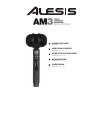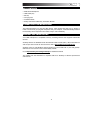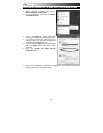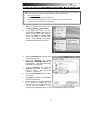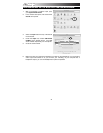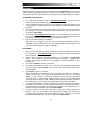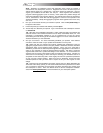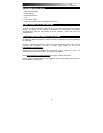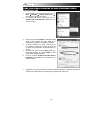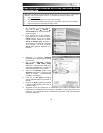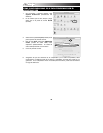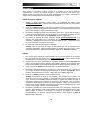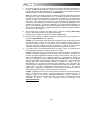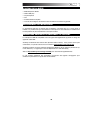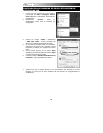
6
Note: Registries are databases which hold information about where the podcast is
located on the web, descriptions, and so on. Registries work much in the same way as an
Internet search engine (e.g., Google.com). They don’t contain the audio files – they just
register your Podcasts so that others can find you. These registries are checked by
programs called aggregators (such as iTunes), which update their podcast listings and
make them available to the program’s listeners. Any podcast that a listener is interested in
can be ‘subscribed’ to which then tells the aggregator to check for new episodes of the
Podcast periodically. Usually the aggregator programs check registries about once every
hour or so.
8. Now you can choose the file that you would like to upload. Click on File | Select file(s) on
the applet on the screen.
9. Find the mp3 that you recorded with Audacity and click Open.
10. The last step is to describe your episode. Type in the filename and a description and click
on Save & End.
Tip: MP3 files have embedded information in them (called ID3 tags) that describe the
audio file created. This includes information such as Artist, Track Name, Album, etc. This
information is automatically updated for you by Cyberears.com so that any person
downloading the audio file will get the information ‘tagged’ on it that is consistent with the
Podcast information you have submitted.
11. And you are all done! You have successfully published your podcast. Now listeners
around the world can check out your podcast and subscribe to it if they wish.
Tip: Make sure that your podcast was properly uploaded and registered by using an
aggregator program such as iTunes to find your podcast. Remember, however, that some
aggregators might not be checking certain registries. This is why it’s a good idea to
familiarize yourself with the different podcast registries and aggregators on the Internet in
order for your podcasts to reach the largest audience possible. Also keep in mind that
registries take some time to update their listings of new Podcasts. It’s not uncommon for
registries such as iTunes to take weeks to add your Podcast to their listing. Typically you
will be sent an e-mail letting you know that they are reviewing your Podcast to see if it is
acceptable to them before they add it. Each registry has their own operational procedures
for this, and they change regularly. Make sure that you familiarize yourself with their
individual policies so that you know when to expect to see your show appear on their
listings.
Tip: Cyberears.com have bundled a free 30 day account with your Alesis Podcasting Kit.
At the end of this 30 day period, you will receive notifications from Cyberears.com to allow
you to purchase a subscription account directly with them and extend your hosting while
the subscription is active. There are different levels of service subscriptions available.
Check with www.cyberears.com
for more information on your subscription options.



